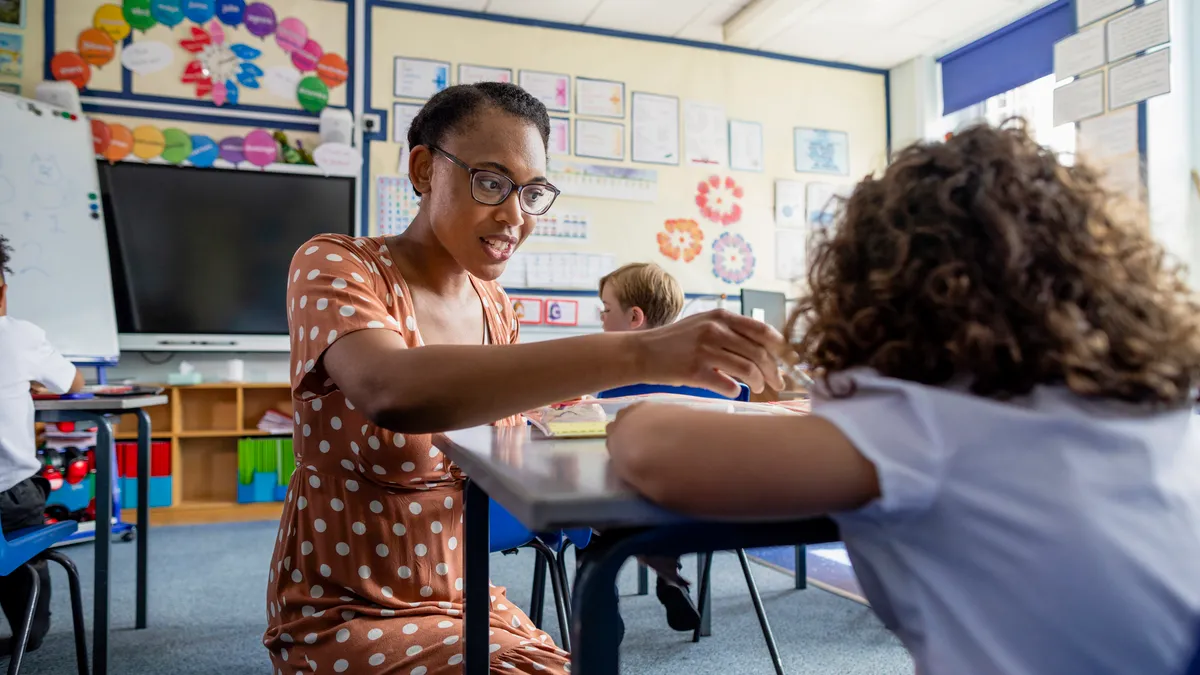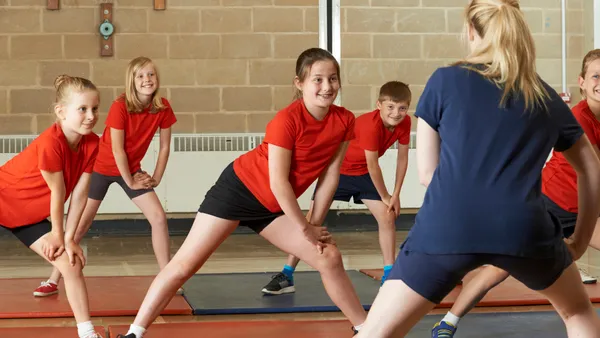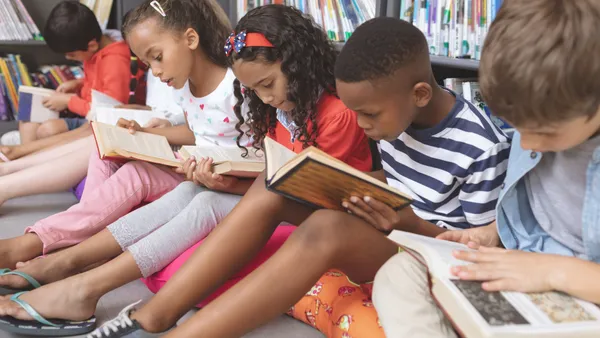Dive Brief:
-
Helping students learn how to self-assess can equip them with the skills to recognize and acknowledge what they don’t know and then discover how to seek the support to bridge that gap in understanding.
-
By determining what they need to learn and seeking the support to gain that understanding, students may strengthen their self-esteem as well, said Stephanie Carlson, a professor at the University of Minnesota’s Institute of Child Development.
-
“Kids thinking of themselves as good learners and being capable of learning engenders that confidence,” Carlson said. “It moves them from ‘I’m a good student’ to ‘I’m a good learner.’”
Dive Insight:
Students strengthen the ability to self-assess where they are by tapping into reflection, Carlson said. That can help them develop executive functioning skills, so they can consider what they need and the choices they may have in front of them.
“[They] pause, think twice, and interrupt the reflex, impulse or first thing that comes to mind, or the feeling of frustration of wanting to give up,” Carlson said. “They are interrupting those habit-driven behaviors to instead pause and reflect twice or three or four times, until you realize ‘I have some options here.’”
Educators can help students develop these skills by giving them feedback as they work through the process, particularly when supporting preschool-age children, said Carlson.
A company Carlson co-founded, Reflection Sciences, uses this approach through a card-sorting game. Students start by sorting cards according to one category, such as color, before switching and sorting them by another, such as shape.
Another task that can help students strengthen executive functioning skills involves playing a pretend fishing game where they move from one pool to another — with the number of fish increasing but harder to catch. Students can choose to go back or move ahead, which tests skills like memory, control and organization.
When students feel they have more authority over their actions, thoughts and feelings — the choice to move ahead or go back, for example – they take more ownership of their destiny, said Carlson. That supports the development of self-efficacy, which she said is adjacent to self-esteem and confidence.
“There’s a lot of research showing that sense of self-efficacy is positive and important for mental health and a whole host of positive outcomes if you have autonomy, freedom, and choice,” said Carlson.











